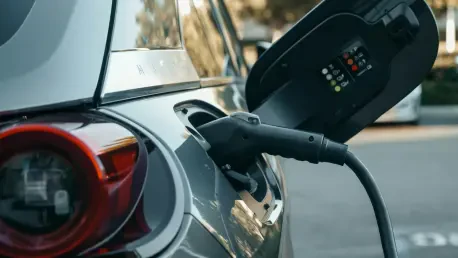
In a world increasingly driven by the urgent need to combat climate change, the transportation sector stands at the forefront of transformation, with electric vehicles paving the way for cleaner, more sustainable urban environments. Amid this global shift, a Vietnamese automaker has emerged as a

In an era where technology drives unprecedented demand for energy, a critical question emerges about the sustainability of two power-hungry industries competing for limited resources on the U.S. electrical grid, with Bitcoin mining and artificial intelligence (AI) data centers at the forefront.

In a world increasingly driven by the urgent need to combat climate change, the commercial vehicle sector stands at a pivotal moment, with electrification emerging as a cornerstone of sustainable progress. A significant stride in this direction has been made by Scania, a prominent name in the

In an era where technological innovation drives unprecedented demand for energy, a fierce competition has emerged in North America between two power-hungry giants: Bitcoin mining and artificial intelligence (AI) data centers. As electricity grids strain under the pressure of supporting these

In an era where technology permeates every facet of daily life, semiconductors stand as the silent yet indispensable force propelling some of the most groundbreaking innovations forward, shaping not just the present but redefining the future. These minuscule chips, often smaller than a fingernail,

In an era where technology and sustainability must converge to address pressing global challenges, a Nevada-based company is leading the charge by transforming used electric vehicle batteries into a powerful solution for the energy-hungry world of artificial intelligence. Redwood Materials,